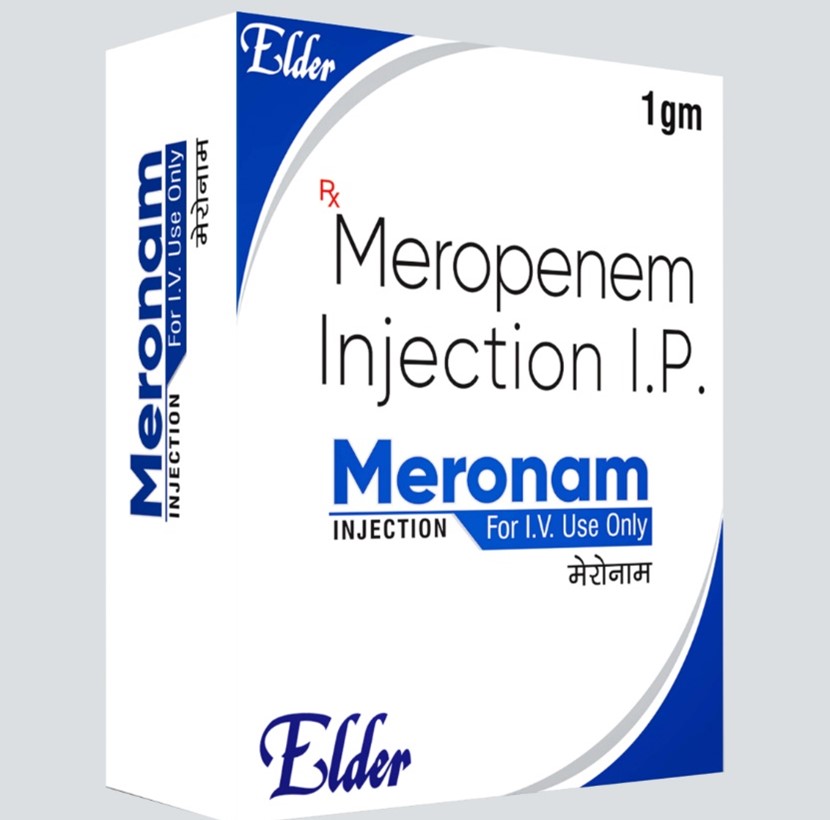A male client reports to the on-call clinic nurse that he took tadalafil 10 mg by mouth two hours ago and his skin now feels flushed. He reports a history of stable angina, but denies experiencing any current or recent chest pain. Which action should the nurse take?
Advise the client to place one nitroglycerin tablet under his tongue as a precaution.
Tell the client to have someone bring him to an emergency department immediately.
Instruct the client to increase his intake of oral fluids until the skin flushing is relieved.
Reassure the client that skin flushing is a common side effect of the medication.
The Correct Answer is D
Choice A: Advising the client to place one nitroglycerin tablet under his tongue as a precaution is a dangerous action for the nurse, as this can cause severe hypotension and cardiovascular collapse due to the interaction between tadalafil and nitroglycerin. This is a contraindicated choice.
Choice B: Telling the client to have someone bring him to an emergency department immediately is an unnecessary action for the nurse, as there is no evidence of any serious adverse reaction or complication from tadalafil. This is an overreaction choice.
Choice C: Instructing the client to increase his intake of oral fluids until the skin flushing is relieved is not an appropriate action for the nurse, as this does not address the cause of the flushing, which is vasodilation due to tadalafil. This is a distractor choice.
Choice D: Reassuring the client that skin flushing is a common side effect of the medication is an appropriate action for the nurse, as this can calm the client and educate him about the expected effects of tadalafil. Therefore, this is the correct choice.
Nursing Test Bank
Naxlex Comprehensive Predictor Exams
Related Questions
Correct Answer is C
Explanation
Choice C is correct because pushing the undiluted Dextrose slowly through the currently infusing IV is the best way to administer the medication for a client with insulin shock. Insulin shock is a condition in which the blood glucose level drops too low due to excess insulin or insufficient food intake. This can cause symptoms such as confusion, sweating, tremors, or loss of consciousness. The nurse should administer 50% Dextrose IV as a bolus injection to raise the blood glucose level quickly and prevent brain damage.
Choice A is incorrect because asking the pharmacist to add the Dextrose to a TPN solution is not appropriate for a client with insulin shock. TPN stands for total parenteral nutrition, which is a type of intravenous feeding that provides all the nutrients needed by the body. TPN solutions contain dextrose, amino acids, lipids, vitamins, minerals, and electrolytes in specific concentrations and ratios. Adding extra dextrose to a TPN solution can alter its composition and cause complications such as hyperglycemia or fluid overload.
Choice B is incorrect because mixing the Dextrose in a 50 mL piggyback for a total volume of 100 mL is not effective for a client with insulin shock. A piggyback is a type of intravenous infusion that delivers medication through a secondary tubing attached to the primary tubing of another solution. Mixing the Dextrose in a piggyback can dilute its concentration and reduce its potency. It can also delay its delivery and onset of action.
Choice D is incorrect because diluting the Dextrose in one liter of 0.9% Normal Saline solution is not safe for a client with insulin shock. Normal Saline is a type of intravenous fluid that contains sodium chloride in isotonic concentration. Diluting the Dextrose in one liter of Normal Saline can lower its concentration and increase its volume significantly. This can cause complications such as hypoglycemia or fluid overload.
Correct Answer is C
Explanation
Choice A: Yellow-tinged sputum is not a critical finding for the nurse to report, as this is a common sign of pneumonia and does not indicate an adverse reaction to meropenem. This is a distractor choice.
Choice B: Nausea and headache are not urgent findings for the nurse to report, as these are mild side effects of meropenem and can be managed with supportive measures. This is another distractor choice.
Choice C: Watery diarrhea is an important finding for the nurse to report, as this can indicate a serious complication of meropenem, such as Clostridioides difficile infection, which can cause severe dehydration, electrolyte imbalance, and sepsis. Therefore, this is the correct choice.
Choice D: Increased fatigue is not a significant finding for the nurse to report, as this can be related to the client's underlying condition and does not suggest a problem with meropenem. This is another distractor choice.

Whether you are a student looking to ace your exams or a practicing nurse seeking to enhance your expertise , our nursing education contents will empower you with the confidence and competence to make a difference in the lives of patients and become a respected leader in the healthcare field.
Visit Naxlex, invest in your future and unlock endless possibilities with our unparalleled nursing education contents today
Report Wrong Answer on the Current Question
Do you disagree with the answer? If yes, what is your expected answer? Explain.
Kindly be descriptive with the issue you are facing.
